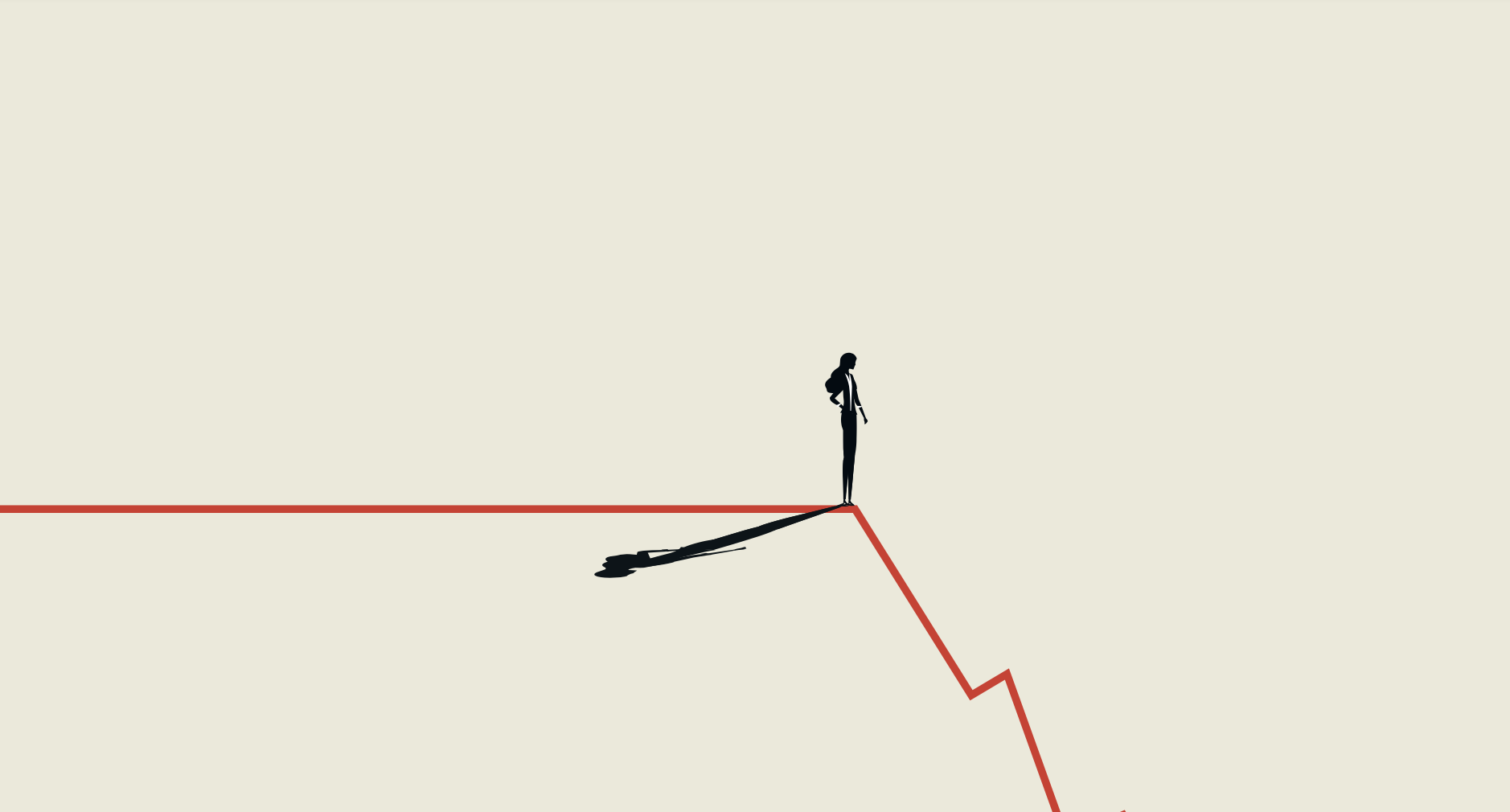Time to read : 4 Minutes
Twice a year the Reserve Bank of Australia (RBA) releases its Financial Stability Review. 🤔 There's plenty of finance jargon in it but some really important indicators and insights for households on what pressures to expect on their bank balances over the next six months, from inflation to interest rates.
Here are six highlights – or rather lowlights – from the RBA's review
The global picture isn't good
High inflation and interest rate rises are going to continue to hit Australia.
Energy shortages - particularly gas in Europe - combined with plummeting currencies (we're looking at you, Britain) and a world-wide house price slump have all had an impact on the international economy. Yes, a lot of these issues are a long way from our shores, but they all have an impact and the RBA thinks households could be in for bumpy ride if things don't improve.
The first to be hit financially are those who can least afford it
Heavily mortgaged recent first home buyers, low-income households and those of us with a lot of debt are unlikely to have as much leeway to switch or cover income gaps as costs rise and interest rates climb.
And as house prices drop, more homeowners could find themselves in mortgage prison: unable to change lenders or find a better deal because their debt-to-income ratio is too high.
Household savings have dropped in the first half of 2022
Even though we're in a job-hunters' market where business are struggling to fill some roles, salaries still haven't risen in line with inflation.
🏦 On top of this, rents and repayments on loans have increased with the interest rate rises making it harder for people to save.
Good news? The RBA thinks the savings a lot of us built up during two years of Covid lockdown should (our emphasis) be enough to see most households through the worst of it.
Blue collar business are feeling the pain
Profits are down, with the costs of products and wages increasing under the pressures of inflation and delays caused by Covid.
👷 The tight labour market also means it's harder for businesses to recruit and retain staff and it's the construction industry - which generally works with fixed-price contracts - that has been hardest hit.
Be aware: 30% of company insolvencies in the past six months have been in the construction sector.
With 9% of Australia's workforce employed in this industry, this will inevitably have a knock-on effect on the finances of blue collar households.
Sorry homeowners, there's a bit of financial stress coming
Two years ago, fixed-term interest rates dropped to as low as 1.79%. Now many homeowners who took advantage of cheap credit are about to come to the end of their fixed period and the current loans are a LOT more expensive.
The average variable rate loan for the bigger banks sits around 4.04%. Fixed rates are higher. That's going to have a major impact on household budgets.
Coupled with the rising costs of fuel and food, there will be a lot of kitchen table conversations on how to balance budgets and keep cash flowing.
Take control: "Stay calm and consider all your options," our home loans expert Sophie Matthews wrote earlier this week.
She recommends starting to shop around if your fixed rate is about to expire and notes that many lenders are offering sweeteners like cashback and even free internet to new customers.
Cyber attacks and climate change are posing real economic risks
As Optus would say, Yes. Between the telco's data breach and another La Nina summer, Australians are pretty aware of the impact these two risks can have on our finances.
But when even the RBA calls climate change a "systemic challenge to the financial system," you know we're yet to see the true impact on our finances.
The bottom line
Although 2023 is likely to be tough financially for a lot of households, the good news is Australia is in a better position than most countries to cope with the tricky times ahead.
Most of us are still ahead on our home repayments, have savings to buffer us and have steady incomes and Compare Club's experts will continue to use this publication to show you where and how you can cut costs.
And the RBA is hopeful too.
"The Australian financial system is resilient and well positioned to support the economy through a more challenging period for households and businesses, as interest rates increase to bring inflation back to the target band."
That's banking language for "we think it's going to get better."
